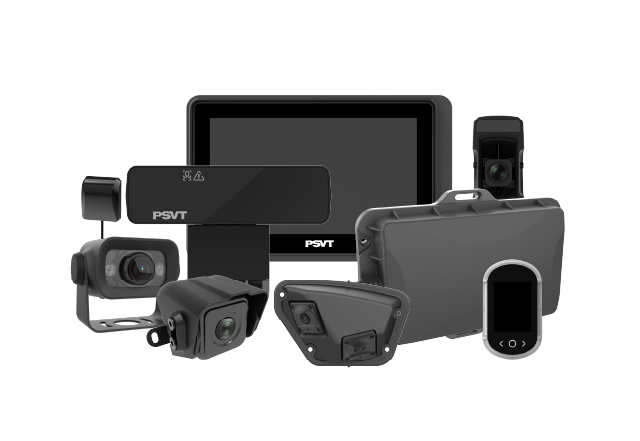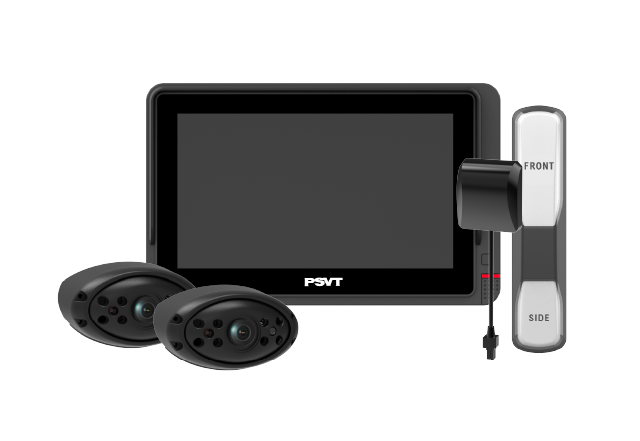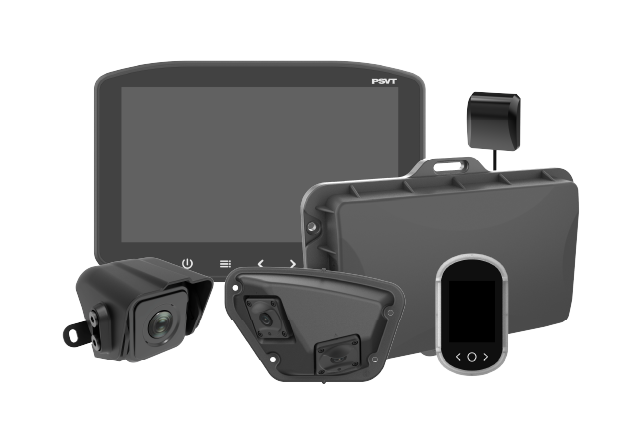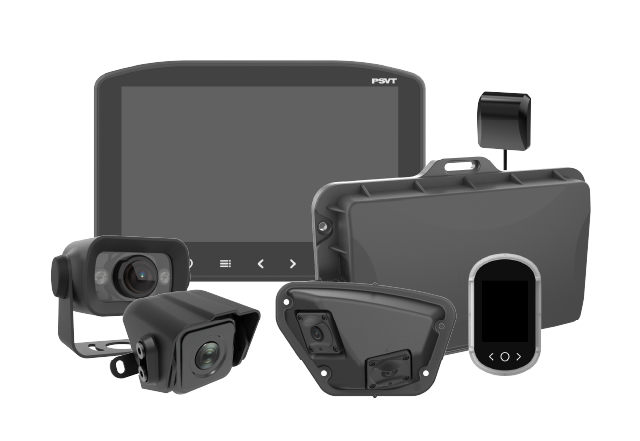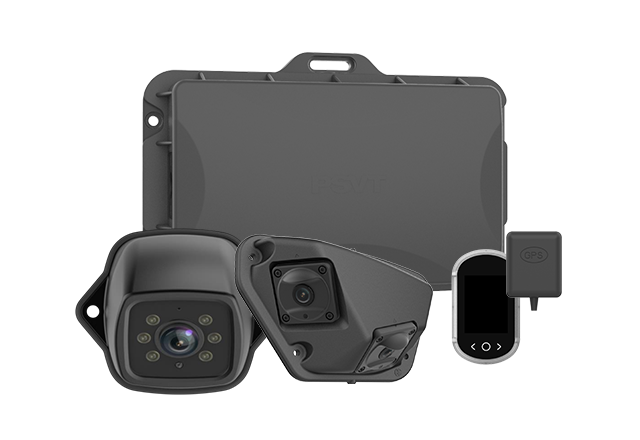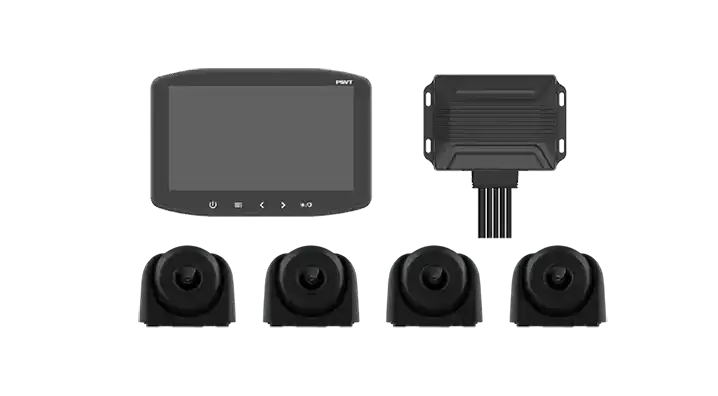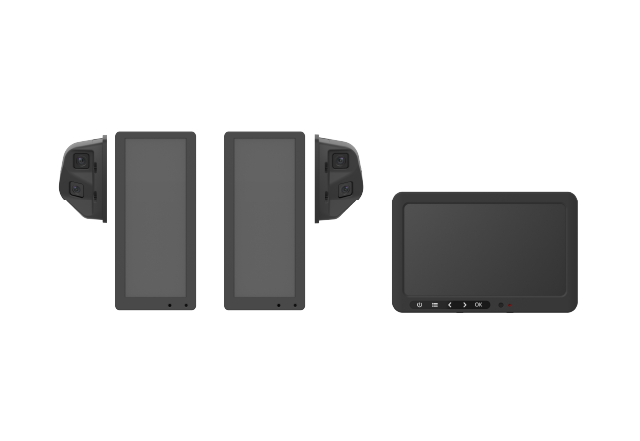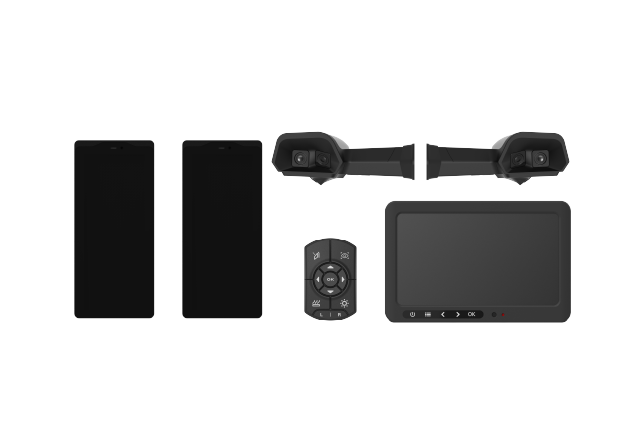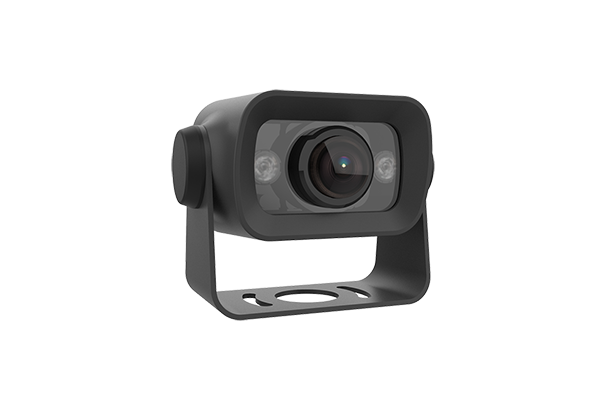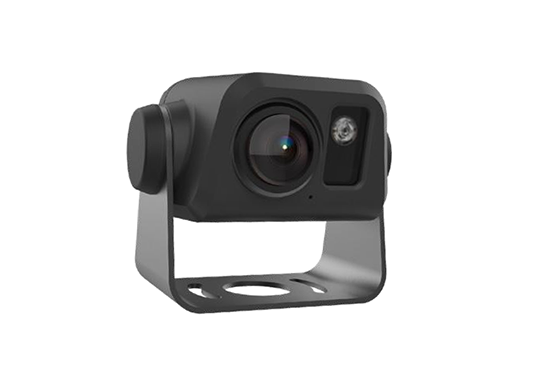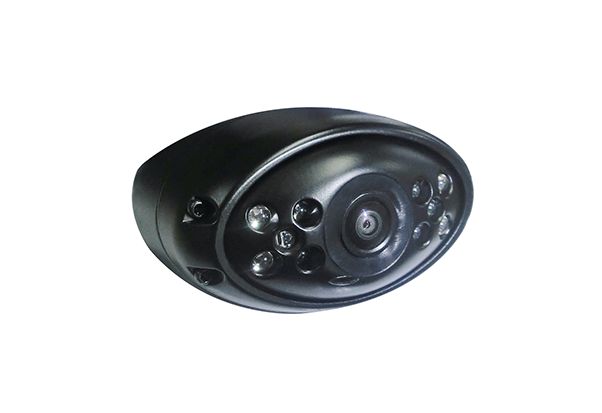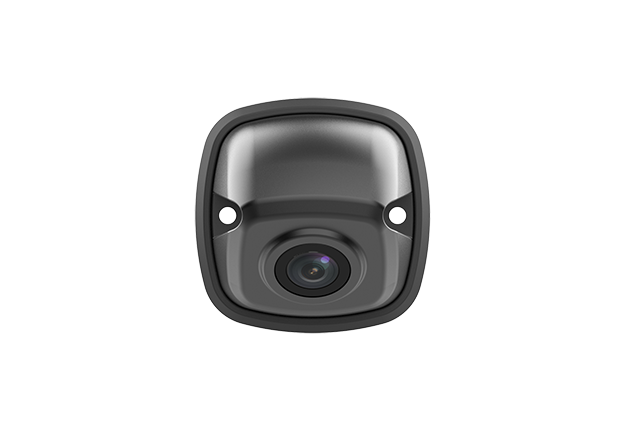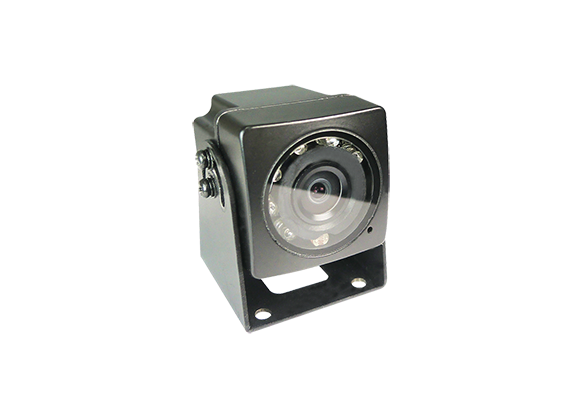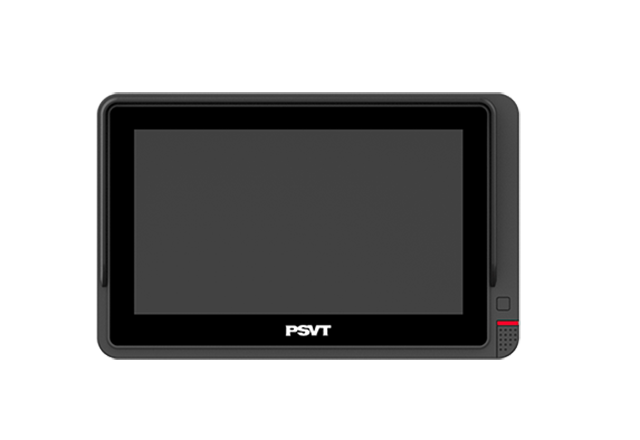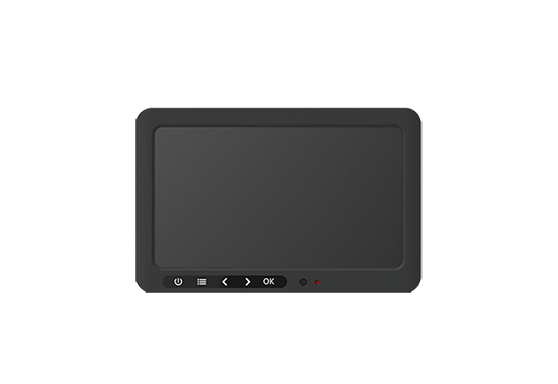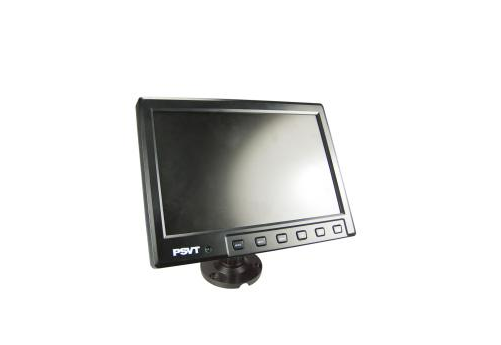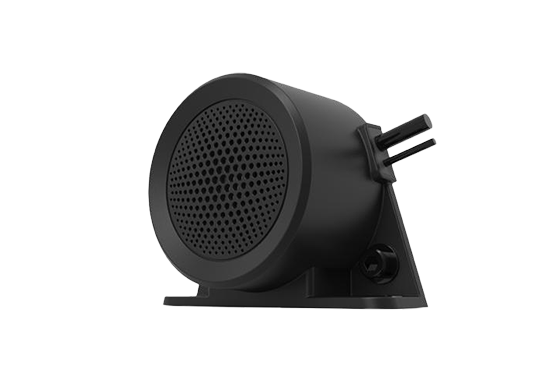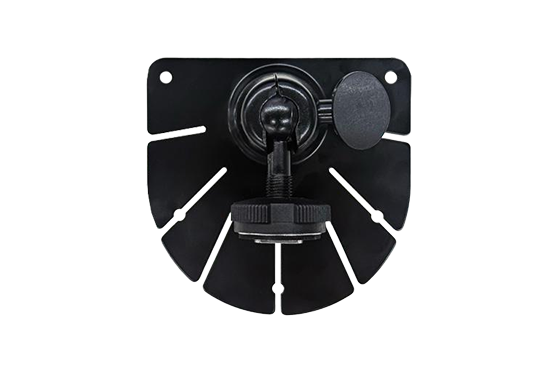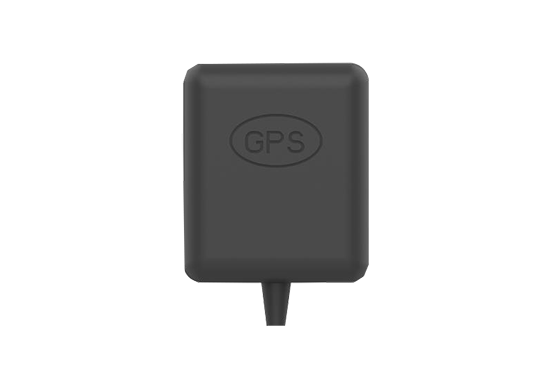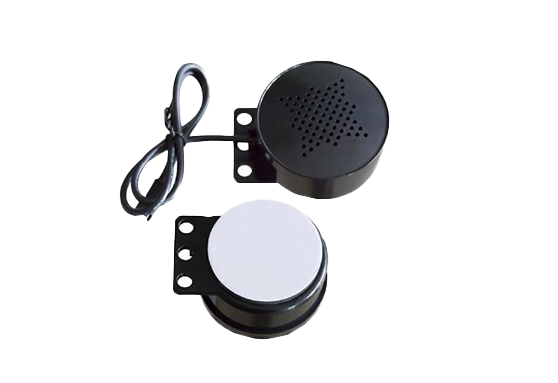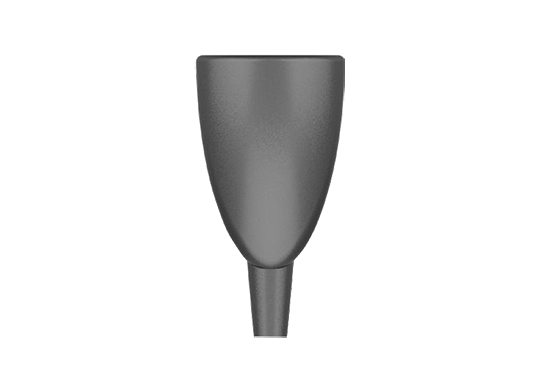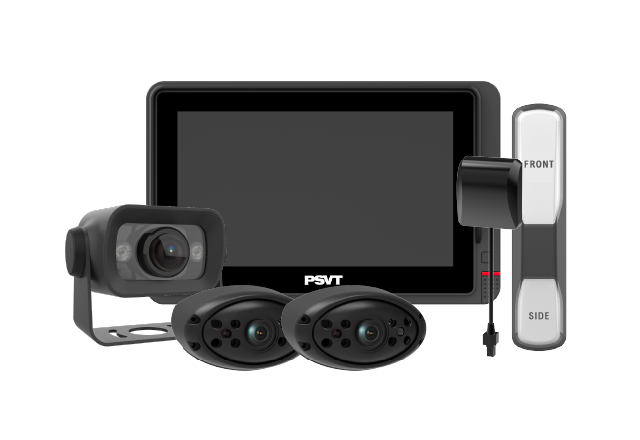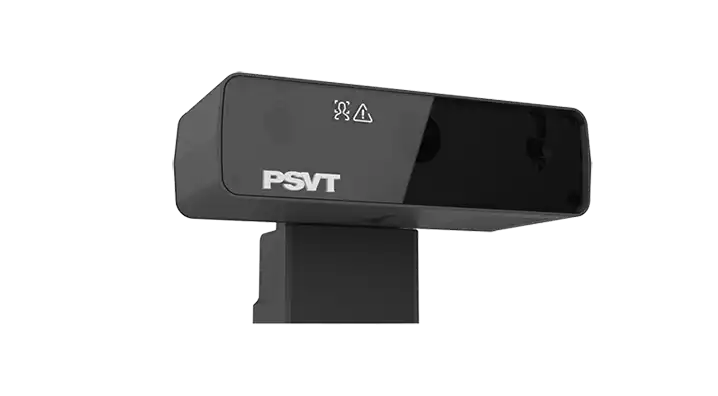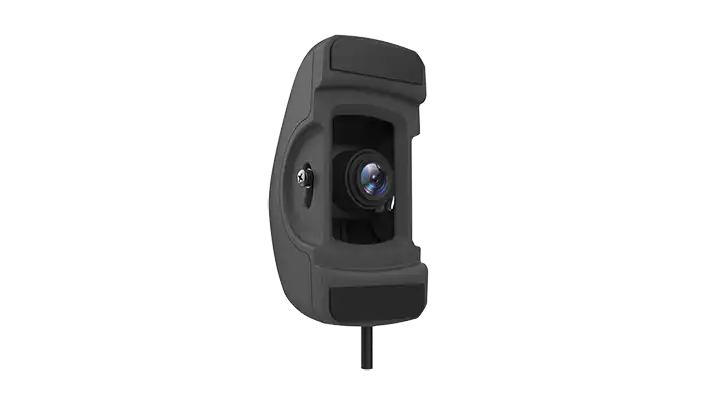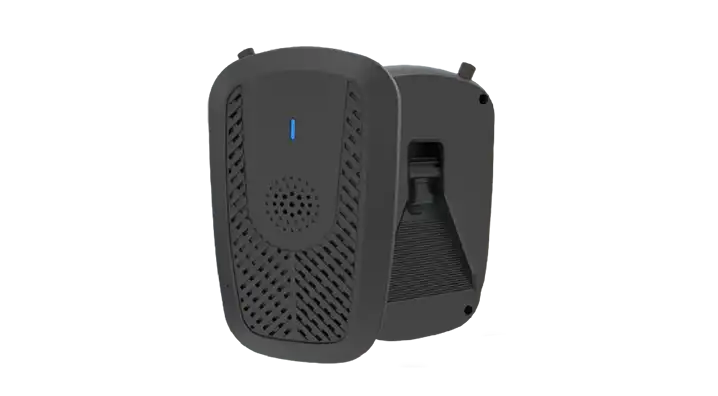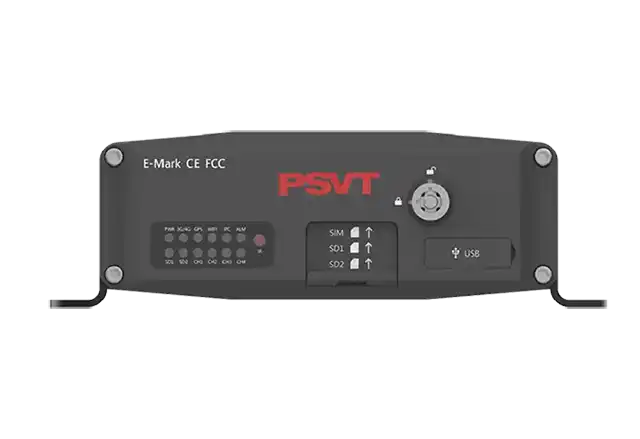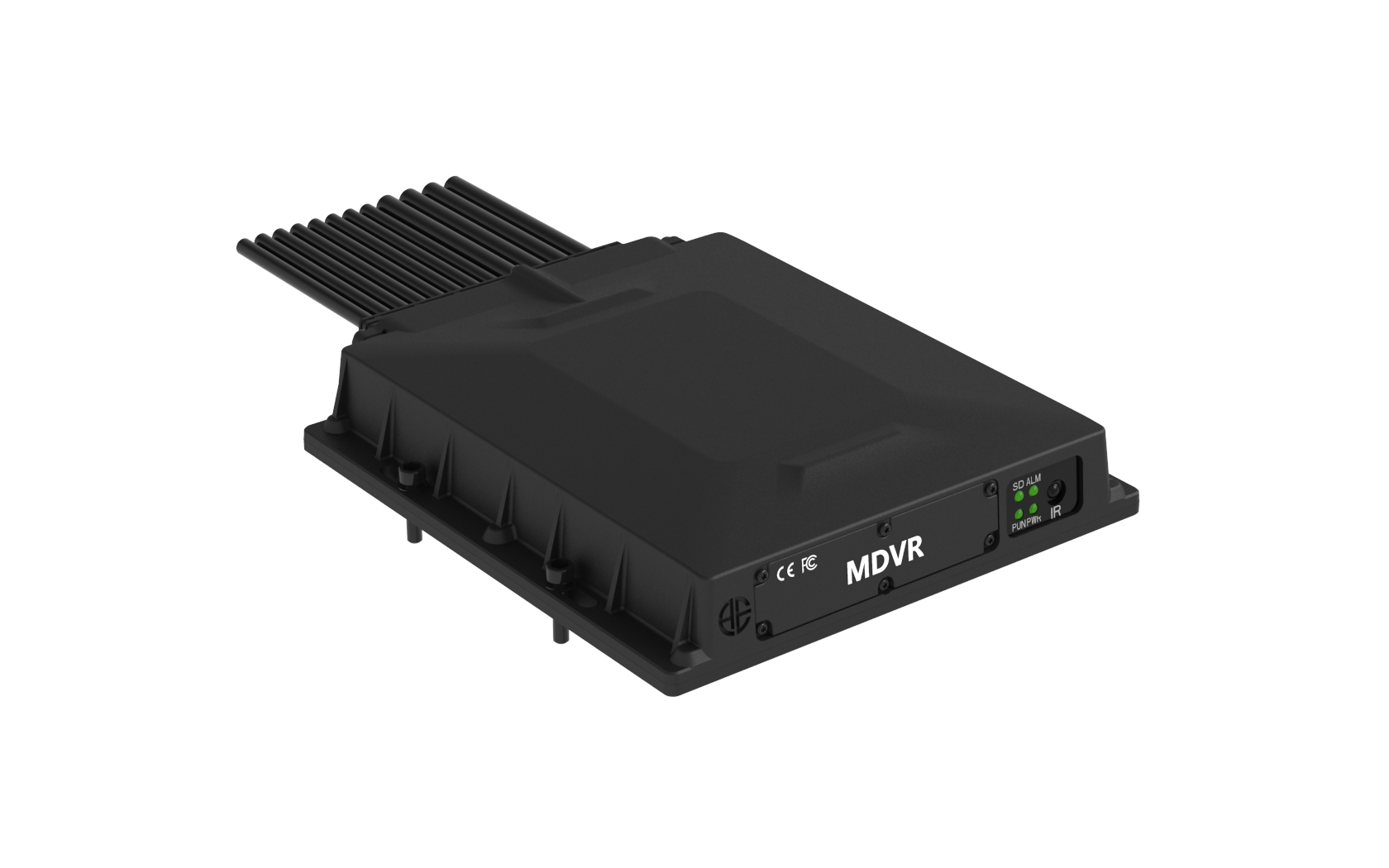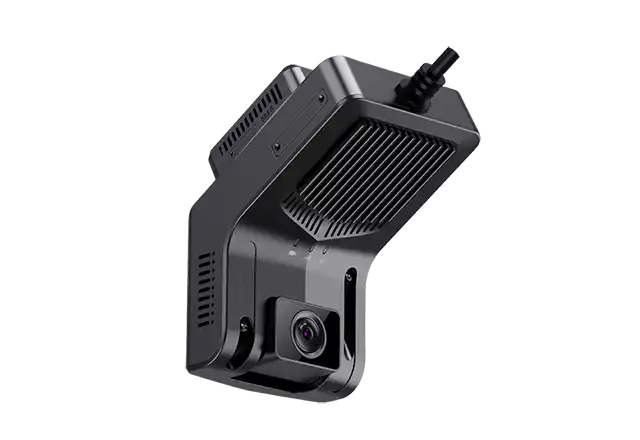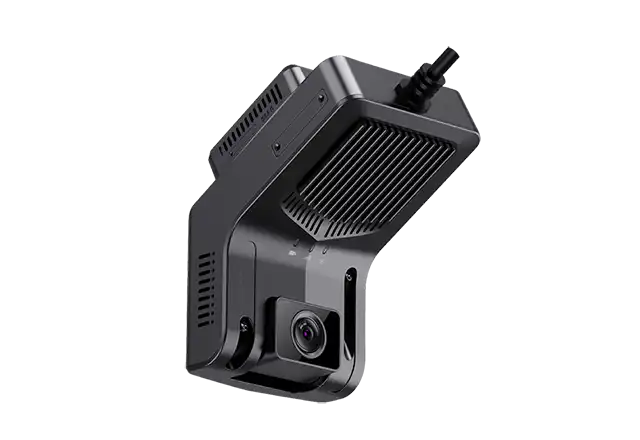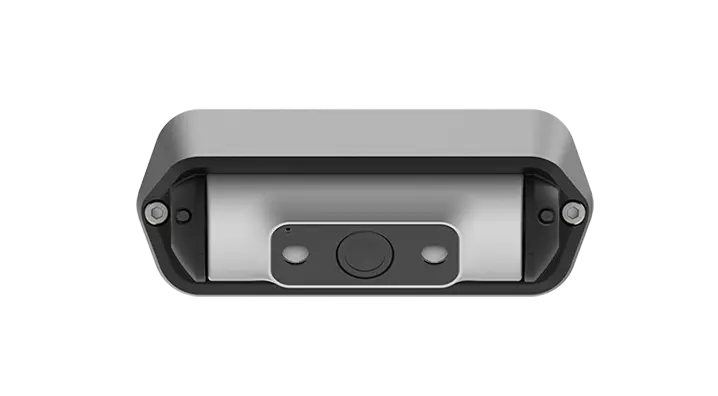Introduction to Mobile DVR in Commercial Vehicles
In today's fast-evolving transportation industry, fleet managers and commercial vehicle operators rely on advanced surveillance technology to enhance security, monitor drivers, and optimize fleet operations. Mobile DVR (Digital Video Recorder) plays a critical role in this transformation.
A mobile DVR is a real-time video recording and monitoring system designed for commercial vehicles, including trucks, buses, taxis, emergency vehicles, and logistics fleets. Unlike traditional surveillance systems, mobile DVRs are built to withstand harsh road conditions, providing continuous video recording, remote monitoring, and incident analysis.
As the demand for fleet safety, driver accountability, and regulatory compliance grows, mobile DVR systems have become a crucial investment for commercial vehicle operators worldwide.
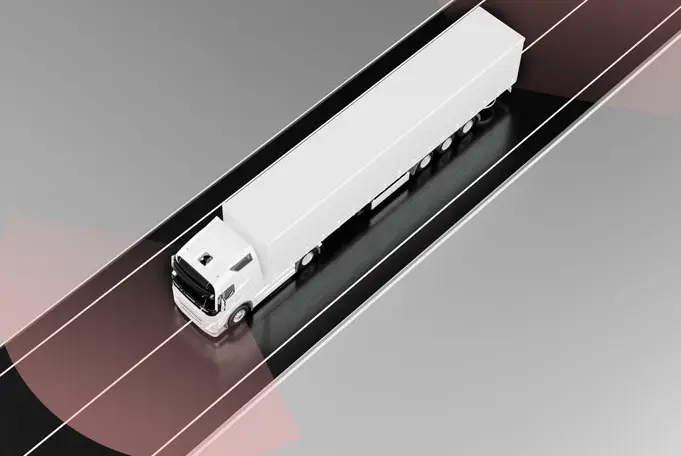
How Does a Mobile DVR Work?
A mobile DVR system is a vehicle-mounted video recorder that captures and stores footage from multiple cameras installed around the vehicle. These systems typically include:
High-Definition Cameras
- Commercial vehicles use multiple AHD/IP cameras to cover blind spots, cargo areas, and driver behavior.
- Cameras support night vision, wide-angle views, and motion detection for enhanced security.
Real-Time Video Storage & Playback
- Mobile DVRs use solid-state drives (SSD) or HDD storage to store video footage securely.
- Some models automatically overwrite old footage to ensure continuous recording.
GPS Tracking & Remote Access
- Integrated GPS modules allow fleet managers to track vehicle routes, speed, and location in real time.
- Remote access via Wi-Fi, 4G, or cloud connectivity enables live video streaming from anywhere.
Event-Based Recording & Alerts
- Mobile DVRs can trigger event-based recordings for harsh braking, sudden acceleration, and collisions.
- Alerts notify fleet managers when safety violations or accidents occur.
Key Benefits of Mobile DVR for Commercial Vehicles
A mobile DVR system is more than just a video recorder—it’s a complete safety and fleet management solution. Here’s how it benefits commercial vehicle operators:
1. Enhancing Fleet Security & Theft Prevention
- Prevents cargo theft, vehicle vandalism, and fuel siphoning.
- Captures real-time video evidence in case of criminal activities.
- Remote monitoring ensures 24/7 fleet protection.
2. Improving Driver Behavior & Accountability
- Reduces reckless driving, speeding, and distracted driving.
- Enhances driver training with recorded footage for coaching purposes.
- Helps enforce company policies and compliance with traffic laws.
3. Supporting Accident Investigations & Liability Protection
- Provides irrefutable video evidence in case of accidents.
- Helps in insurance claims and legal disputes.
- Protects companies from fraudulent claims and staged accidents.
4. Optimizing Fleet Efficiency & Operations
- Helps fleet managers monitor routes, idle times, and fuel consumption.
- Identifies inefficient driving patterns that waste fuel and increase costs.
- Reduces vehicle downtime by tracking maintenance needs.
5. Meeting Regulatory Compliance & Safety Standards
- Supports compliance with government-mandated video recording regulations.
- Helps in meeting DVS (Direct Vision Standard) and GSR safety requirements.
- Ensures fleet vehicles follow industry safety protocols.
Types of Mobile DVR Systems
Not all mobile DVRs are the same. Different models cater to varying fleet needs:
1. Standard Mobile DVR
- Supports 4 to 8 camera inputs for basic fleet monitoring.
- Commonly used in logistics trucks, school buses, and taxis.
- Uses artificial intelligence (AI) to detect driver fatigue, distraction, and risky behavior.
- Helps improve driver coaching and real-time alerting.
3. Cloud-Connected Mobile DVR
- Offers remote live streaming via Wi-Fi/4G LTE.
- Ideal for large fleet operations requiring real-time monitoring.
4. 360° Surround View Mobile DVR
- Provides a full panoramic view with blind-spot monitoring.
- Used in buses, emergency vehicles, and high-risk transportation.
How to Choose the Best Mobile DVR for Your Fleet?
When selecting a mobile DVR, fleet operators should consider the following factors:
1. Camera Compatibility
- Ensure it supports AHD, IP, or AI cameras based on fleet needs.
2. Storage Capacity
- Choose SSD for durability and HDD for large-capacity storage.
3. Remote Access & Connectivity
- Look for 4G/Wi-Fi-enabled DVRs for live streaming capabilities.
4. GPS & Fleet Integration
- Check for built-in GPS tracking and integration with fleet management software.
5. Compliance with Safety Regulations
- Ensure the DVR system meets DVS, GSR, and ISO safety standards.
The Future of Mobile DVR in Commercial Vehicles
The mobile DVR industry is continuously evolving, integrating advanced AI, cloud storage, and 5G connectivity for better fleet management. In the future, we can expect:
- AI-based driver behavior analysis to predict and prevent accidents.
- Cloud-based DVR systems for unlimited storage and real-time data access.
- Integration with autonomous vehicle technology for enhanced fleet safety.
Fleet operators investing in mobile DVR technology today are positioning themselves for a safer, more efficient, and data-driven future.
Conclusion
A mobile DVR is an essential tool for modern commercial vehicle surveillance, fleet security, and driver monitoring. From accident prevention and theft deterrence to real-time tracking and compliance—mobile DVR systems redefine how fleets operate and ensure safety on the roads.
For fleet managers looking to enhance operational efficiency, reduce liabilities, and improve driver safety, investing in a high-quality mobile DVR is the smartest decision.
Protect your fleet today with an advanced Mobile DVR system and take fleet safety to the next level!

